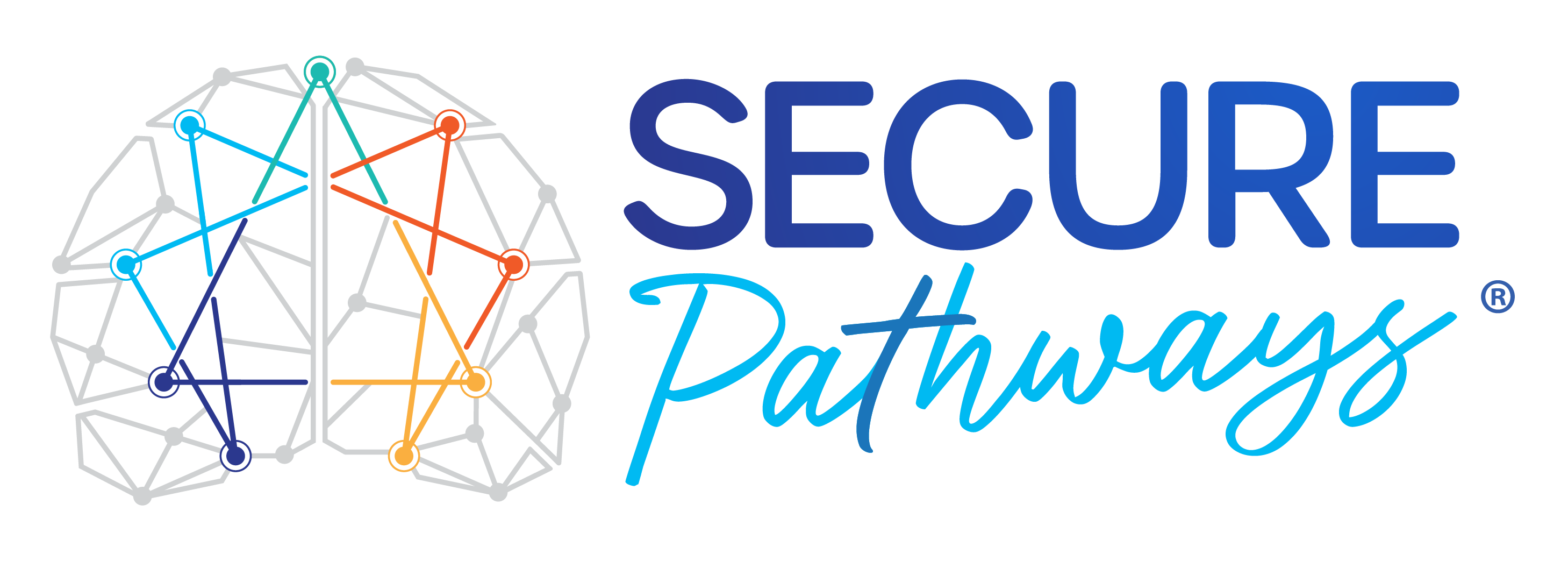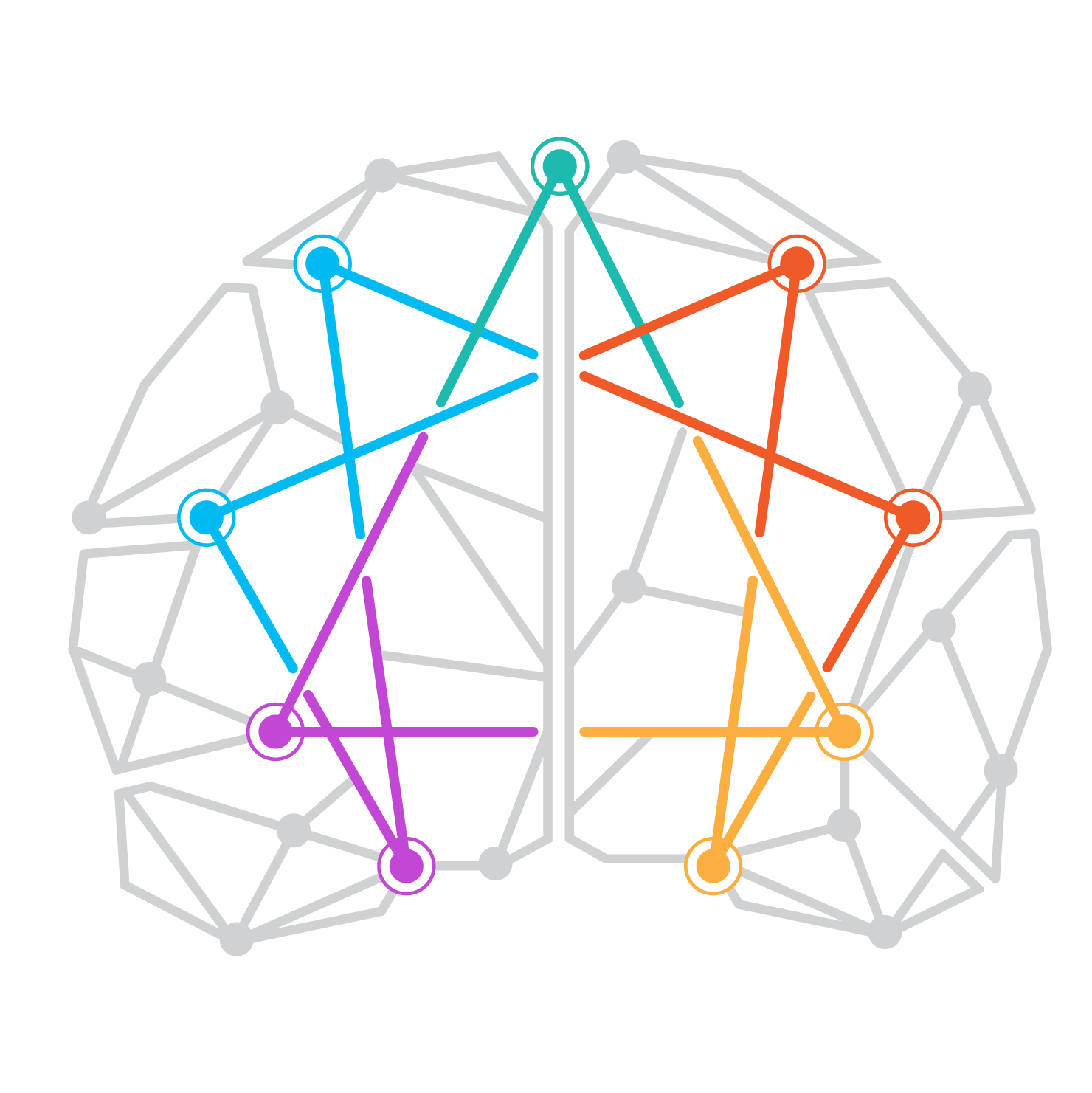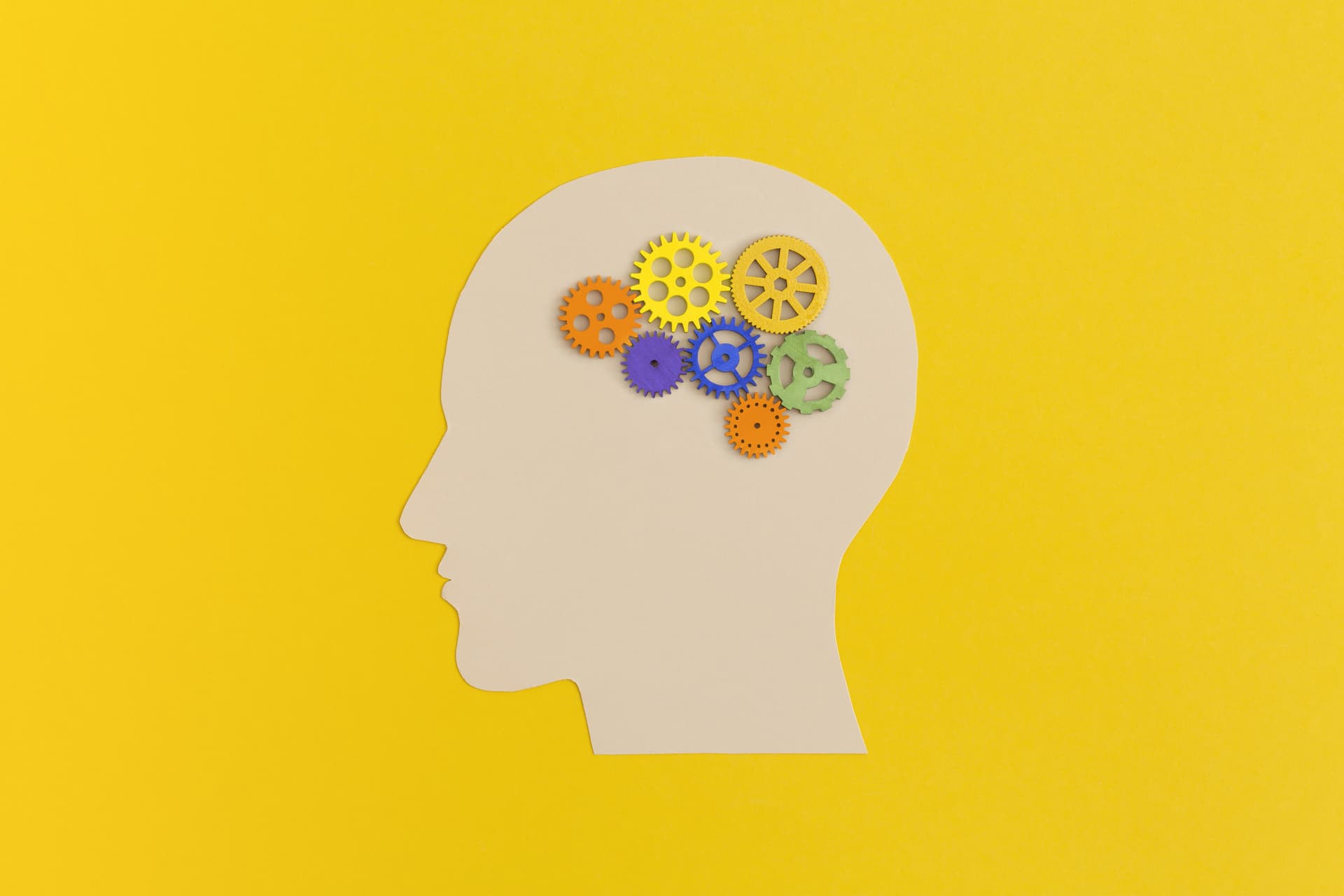Because even the holiest parents have blind spots—and God is not done with us yet.
We’re continuing our Parenting Patterns series—where we look at how our personality, attachment history, and lived experiences shape the way we show up with our kids. In this section of the series, we’re using the Enneagram to uncover default patterns that may be running on autopilot. The more we understand ourselves, the more intentionally we can love and lead our children.
Transformation doesn’t start by trying harder—it starts by seeing more clearly and receiving God’s grace.
The Head Triad (Types 5, 6, and 7)
This group experiences life primarily through thinking—gathering information, making plans, and preparing for what might happen. Parents in the Head Triad are motivated by a desire for safety and security, and they often lean on logic, knowledge, and strategy to create stability for themselves and their families.
Head Triad parents…
- Want their children to be safe and prepared
- Value independence and problem-solving
- Often enjoy teaching and discussing ideas
- Spot patterns and connections that others may miss
Underneath this, however, is a common emotional struggle: fear and anxiety.

The Head Center in Parenting
If you’re in the Head Center, you probably try to make life predictable for your kids. You may set routines, think through “what if” scenarios, and help your children plan ahead. Because you value preparation, you likely encourage them to use their minds to problem-solve and make good decisions. You may also foster creativity and imagination.
Your strengths as a parent may include:
- Observation – You notice details and analyze your child’s behavior thoughtfully.
- Calm in conflict – You can step back and think logically when tensions rise.
- Curiosity – You create an environment where questions and learning are welcome.
- Preparation – You help kids anticipate challenges and think ahead.
- Engagement – You enjoy conversations and exploring ideas with your children.
Children of Head Triad parents often feel like their thoughts and opinions matter. They know they can come to you with a problem and you’ll help them think it through.
Where This Center Might Create Challenges
Because logic and planning come so naturally, strong emotions—whether yours or your child’s—can feel uncomfortable or even overwhelming. You may be tempted to:
- Stay in “thinking mode” and avoid addressing feelings
- Downplay emotions with phrases like “You need to think about this rationally” or “It doesn’t make sense to be upset about that”
- Overanalyze or give too many options, leaving your child feeling overwhelmed
- Come up with great ideas or plans but not follow through with actions, leaving them incomplete
- Expect children to meet high intellectual or academic standards
When fear or anxiety creeps in, you may freeze, overthink, or distance yourself from emotions. Your children may then feel like they have to manage their feelings on their own or pretend they don’t have any.
What Might God Be Inviting You Into?
Your ability to think, analyze, and prepare reflects God’s wisdom and knowledge. But He also knows that true security doesn’t come from predicting every outcome—it comes from trusting Him.
God may be inviting you to:
- Rest in His presence rather than overthinking every detail
- Practice silence—listening for His voice without planning or strategizing
- Trust His provision, even when life feels unpredictable
“You will keep in perfect peace those whose minds are steadfast, because they trust in you.”
—Isaiah 26:3
God is not intimidated by your questions or your fears. He welcomes them. He welcomes you. And He offers you the peace of knowing you don’t have to carry the fears of parenting or uncertainty.
For Reflection
- When do I hide behind my thoughts instead of allowing myself to feel?
- How does fear—mine or my child’s—shape the way I connect?
- Do I sometimes prioritize ideas over emotional connection?
- How might I bring my heart and gut wisdom alongside my thinking in parenting?
- What is it like for me to be still with God? What do I sense He says about me?
Encouragement for Head Triad Parents
Your children benefit from your thoughtfulness, wisdom, and steady presence. You give them the tools to think, plan, and problem-solve. But remember: they don’t just need your mind—they need your presence, even when feelings are messy and unpredictable. They also need you to engage with hands-on involvement and fun.
You don’t have to have all the answers. God is your refuge and strength. As you lean into His security, you’ll find the freedom to guide your children with both wisdom and warmth.
👉 Want this type of content sent directly to your inbox? Add me to your newsletter here!
If you are interested in exploring how your Enneagram type is impacting your parenting, schedule a free connection call with me. Grab a free 15-minute coaching call by clicking the button below.



